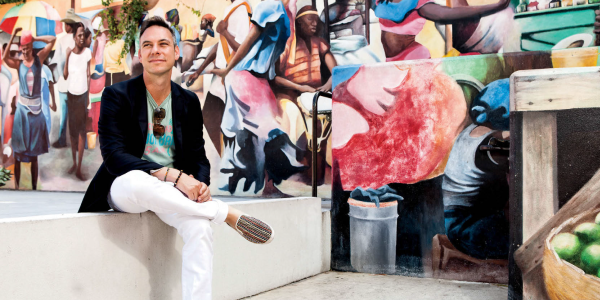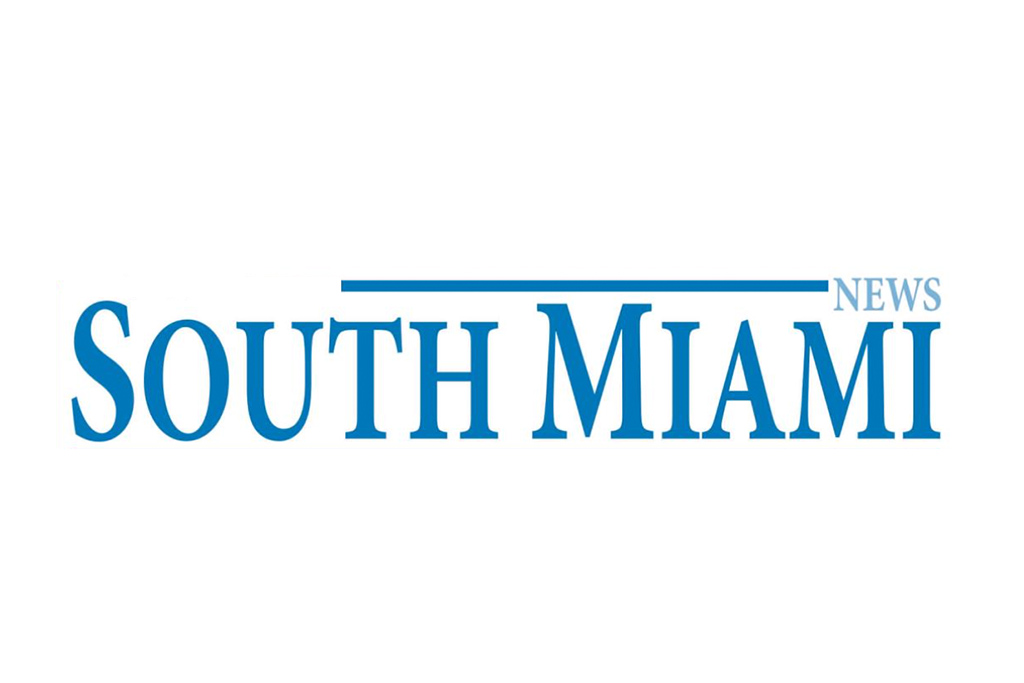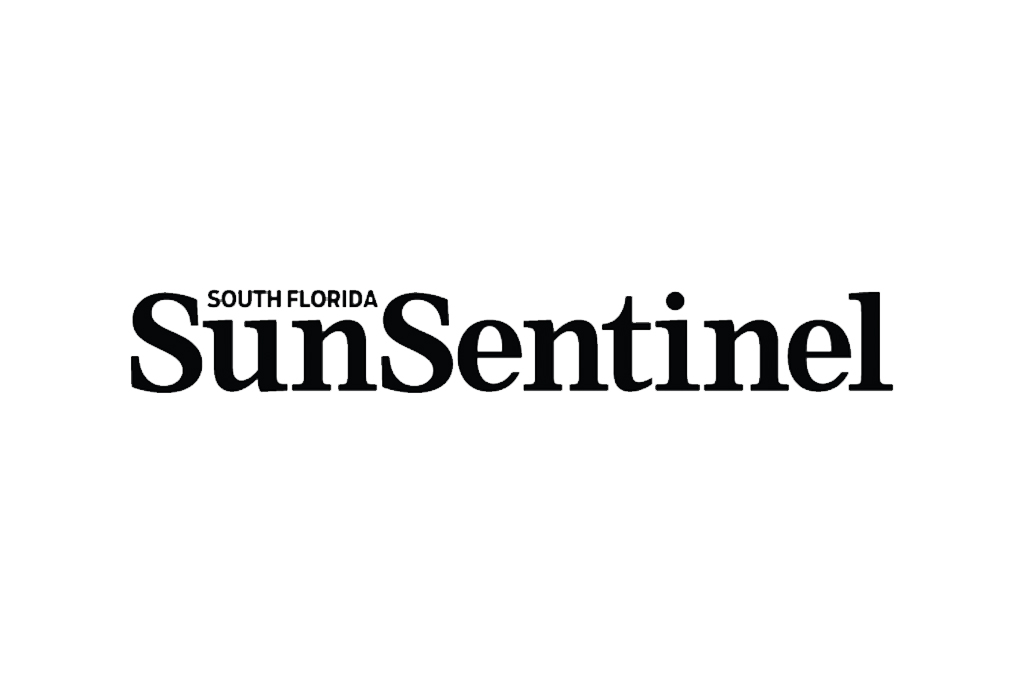by Jon Warech

Inside his Wynwood office—a 1962 two-story Woolworth’s warehouse adapted into the Metro 1 Properties home base—founder and CEO Tony Cho spends so much time surrounded by artists that, in his own way, he’s become one. Turning the once blank canvases of neighborhoods like Wynwood, Little River, and Lemon City into burgeoning pockets of Miami, Cho has played a major role in painting a bright future for once-forgotten areas of the city. He’s buying. He’s selling. He’s doing what he’s done since he was in the nightclub game more than a dozen years ago: promoting. Cho talks to Ocean Drive about how he got started, his vision for the Upper East Side, and how he’s opening the velvet ropes to artists everywhere.
You parlayed early investments in Wynwood and the surrounding areas into big success—how did it start?
What made you see a future there?
An international trend around the world is urbanizing. People are deemphasizing the automobile and moving into the inner cities, and I created this concept of Metro 1 based on embodying those global trends. It’s the first time in history that more than 51 percent of the world’s popula- tion lives in cities, and the forecast is that 70 percent of the world’s population will live in cities by 2050.
What’s your next step?
I partnered up with a very successful entrepreneur named Robert Zangrillo out of California, and we’ve cofounded an opportunity and development fund called the Magic City Fund. We’ve assembled collec- tively, between Wynwood and the Lemon City/Little River area, about 15 acres and 200,000 square feet of commercial buildings for development and adaptive reuse projects. That’s our next frontier.
What do you envision for Little River?
I see Little River as being a creative incubator community. It’s where the creatives are going because it’s more affordable, so you have a lot of art galleries that are moving there like the Michael Jon Gallery and Guccivuitton, and you have a lot of the artist studios there like Bhakti Baxter.
What does the future hold for Wynwood?
If you’re a tech company— whether you’re a start-up or established—you probably want to locate your business in Wynwood, because that’s what it represents: that incubator, entrepreneurial culture. Facebook is looking for a location in Wynwood, and The LAB became a huge success in Wynwood, which was a tenant that we brought to the neighborhood. Miami is seen as a place for this entrepreneurial culture and for a mini-tech Silicon Valley, or Silicon Beach. But I also see more, higher-end art galleries coming into Wynwood and a heavy influx of food, beverage, hospitality, and hotels.
How do you ensure these neighborhoods are successful?
Good instincts. You also have to put your money where your mouth is and promote like hell, and then you create a momentum. You have wonderful people and leaders like Tony Goldman and Craig Robins—with capital and resources and a track record—who came in as well to help propel it forward. It’s getting everybody on the same page and working together collectively as a team for the greater good of the neighborhood.
How is Metro 1 transitioning?
We’re going to do $300 million in sales, and over the last couple of years, I’ve been transitioning from primarily a broker-based business to a fully integrated urban real estate organization that does development, broker- age, and management. We currently have a million square feet under manage- ment in our company, and I imagine that’s going to grow exponentially over the next five to 10 years. It’s exciting to now have a stake in some of this stuff and not just broker the deal and let the destiny of a property be in the hands of someone else.
Source: Ocean Drive







